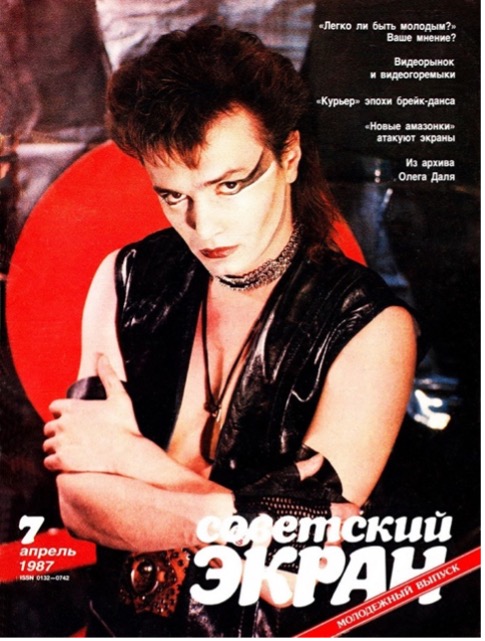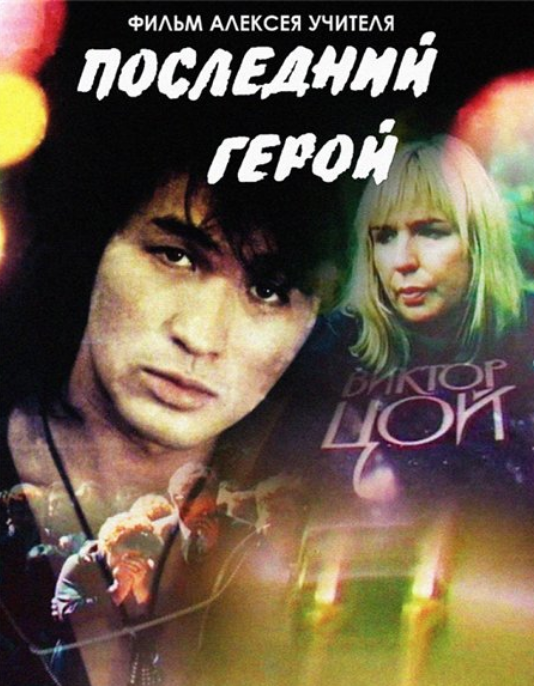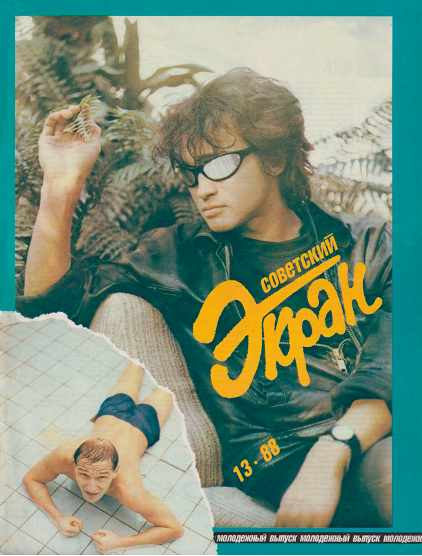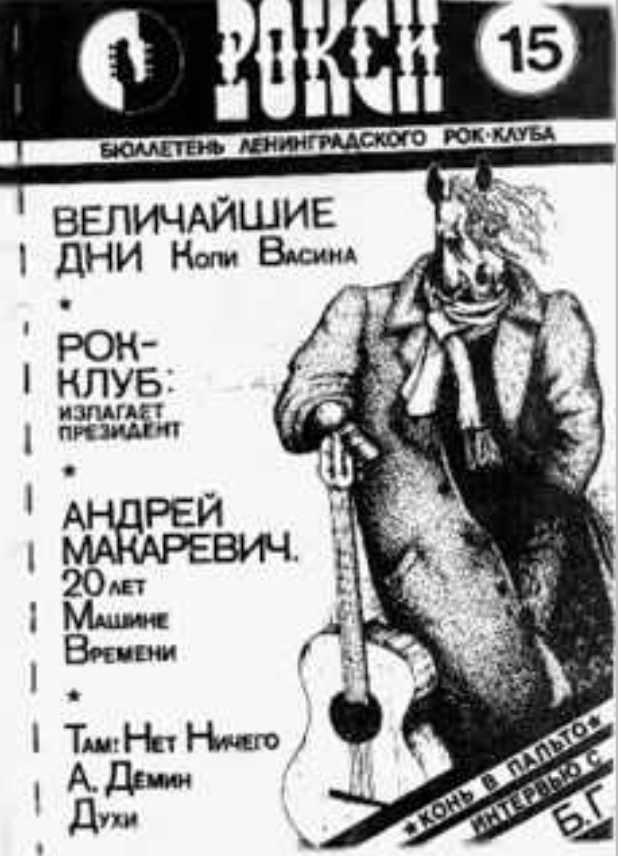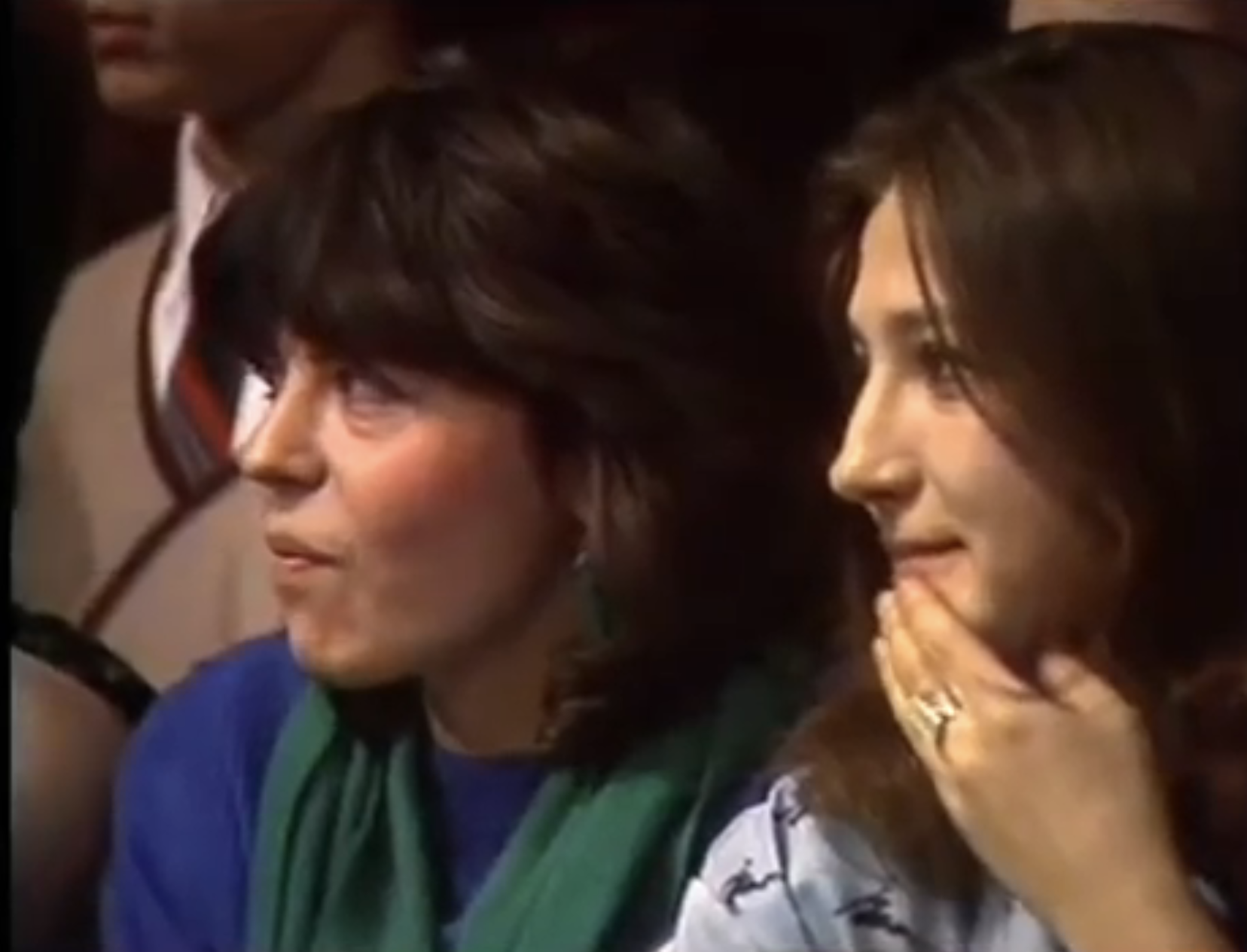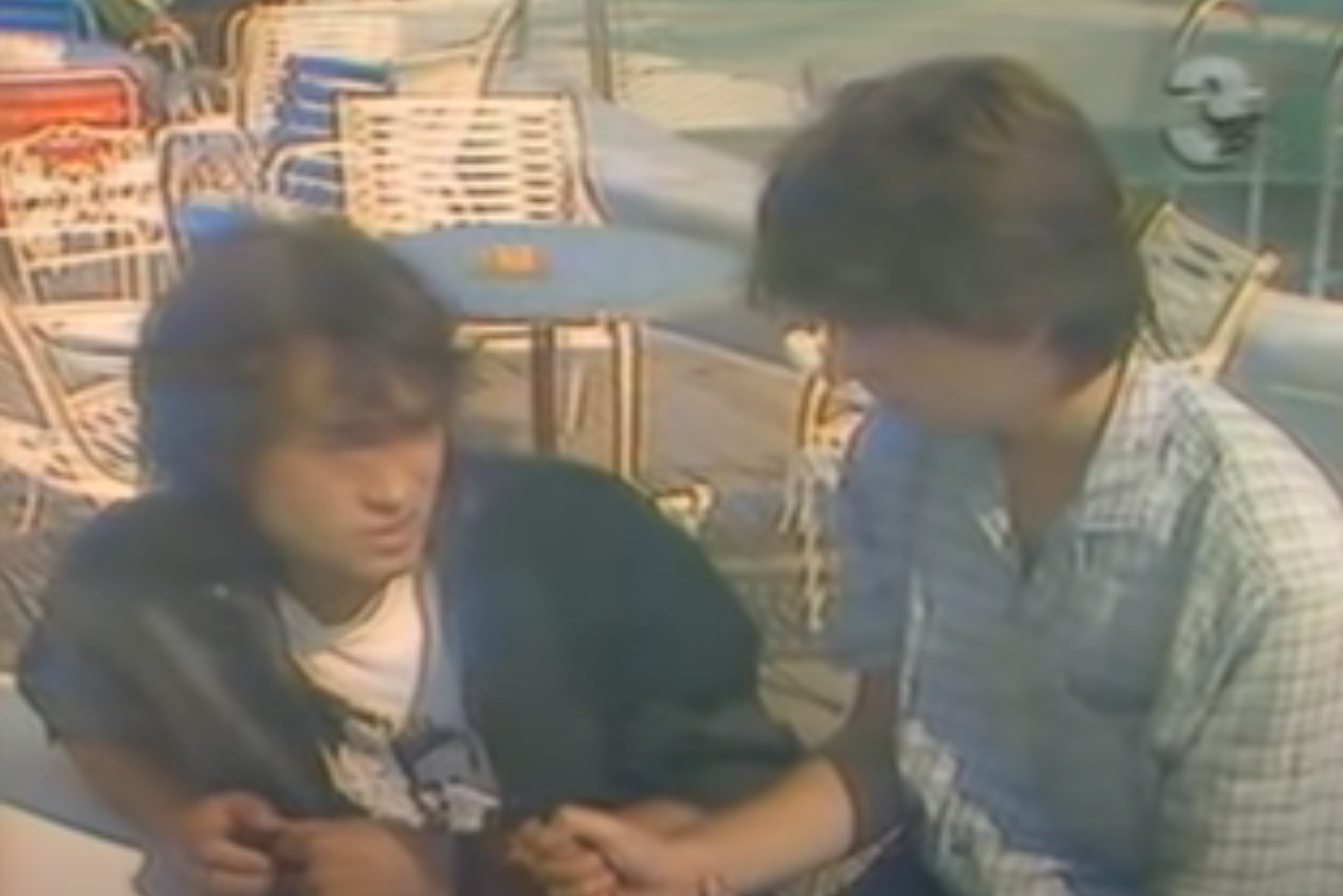Search Results
Search Terms
Results: Displaying Artifact 7 - 12 of 26 in total
Text Containing:
curator: Rita Safariants
Page: 2
"Sovetskii ekran" with Konstantin Kinchev on the cover
Popular film magazines like Soviet Screen (Sovetskii ekran) were instrumental in establishing rock musicians as cultural icons. Volume 7, from 1987, places Konstantin Kinchev (1958-), frontman of the Leningrad band Alisa, on the cover of its “youth issue” (molodezhnyi vypusk) in an effort to promote Valerii Ogorodnikov’s film The Burglar (Vzlomshchik, 1987), in which Kinchev plays the lead role.
Viktor Tsoi’s funeral, from Alexei Uchitel’s “Last Hero,” 1992
Made in collaboration with rock star Viktor Tsoi's (1962-1990) widow, Marianna Tsoi (1959-2005), this film, directed by Alexei Uchitel (1951-), includes scenes from Tsoi's funeral and chronicles the mass mourning of the late musician—a proxy, perhaps, for mourning the perestroika era as a whole.
“Sovetskii ekran” with Tsoi on cover, 1988
The cover image from Volume 13 (1988) of Soviet Screen (Sovetskii ekran, 1925-1998) depicts Viktor Tsoi (1962-1990) of Kino and Pyotr Mamonov (1951-2001) of the Moscow-based rock band Zvuki Mu, demonstrating how late-Soviet cinema magazines established rock musicians as cultural icons, while the film industry increasingly relied on underground rock culture for commercial content.
Last issue of the samizdat “Roksi” magazine, 1990
The final print issue of the Leningrad-based samizdat rock journal Roksi, founded in 1977 by members of the rock band Aquarium and the future president of the Leningrad Rock Club (LRC). Considered the first rock publication in the Soviet Union, and subject to raids by the KGB, Roksi eventually became the official newsletter of the LRC—thus attaining legitimization by the state apparatus.
“Musical Ring” with guest star Sergei Kuryokhin, 1987
This 1987 episode of Musical Ring captures late-Soviet television's attempt to integrate avant-garde musician and professional trickster Sergei Kuryokhin (1954-1996) into mainstream discourse, simultaneously showcasing the program's role in legitimizing experimental music during perestroika.
Viktor Tsoi interviewed at the Golden Duke Film Festival, 1988
Journalist Sergei Sholokhov (1958-) interviews rock star Viktor Tsoi (1962-1990) and film critic Natalia Razlogova (1956-) at the Golden Duke Film Festival in Odesa in September 1988.
